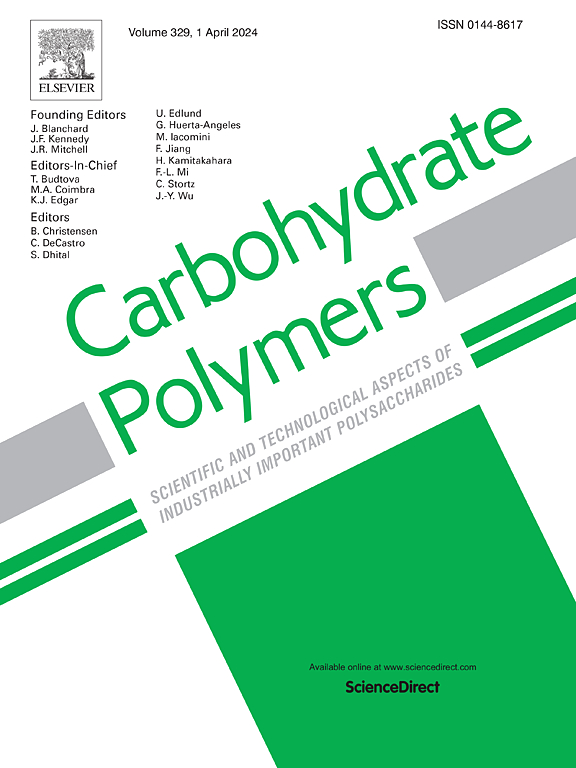Harnessing pectin nanoparticles for targeted drug delivery in cancer therapy
IF 10.7
1区 化学
Q1 CHEMISTRY, APPLIED
引用次数: 0
Abstract
Cancer remains a leading global health challenge, driving the search for effective and targeted therapies. This review explores the potential of pectin-based nanoparticles in cancer treatment, emphasizing their role as a promising biomaterial in nanoparticle formulation. The review begins by discussing the structure, properties, and extraction methods of pectin, highlighting its biocompatibility and biodegradability, which are crucial for novel drug delivery systems. The review further delves into the manufacturing techniques of pectin-based NPs and examines various targeting strategies, including passive mechanisms like the surged permeability and retention effect, and active approaches such as ligand-mediated targeting. Strategies for overcoming biological barriers are also discussed. The review also entails the application of pectin NPs to treat different type of cancers, including breast, lung, brain, liver, and pancreatic cancers, underscoring their potential to enhance the therapeutic outcomes and minimise adverse effects. This review provides insights into the advancements and future directions of pectin-based NPs in oncology.
利用果胶纳米颗粒靶向药物递送癌症治疗
癌症仍然是全球健康面临的主要挑战,促使人们寻找有效和有针对性的治疗方法。本文探讨了果胶基纳米颗粒在癌症治疗中的潜力,强调了它们在纳米颗粒配方中作为一种有前途的生物材料的作用。本文首先讨论了果胶的结构、性质和提取方法,重点介绍了果胶的生物相容性和生物降解性,这对新型给药系统至关重要。本文进一步深入研究了基于果胶的NPs的制造技术,并研究了各种靶向策略,包括被动机制,如渗透性飙升和保留效应,以及主动方法,如配体介导的靶向。讨论了克服生物屏障的策略。该综述还涉及将果胶NPs应用于治疗不同类型的癌症,包括乳腺癌、肺癌、脑癌、肝癌和胰腺癌,强调它们在提高治疗效果和减少不良反应方面的潜力。本文综述了基于果胶的NPs在肿瘤学中的进展和未来发展方向。
本文章由计算机程序翻译,如有差异,请以英文原文为准。
求助全文
约1分钟内获得全文
求助全文
来源期刊

Carbohydrate Polymers
化学-高分子科学
CiteScore
22.40
自引率
8.00%
发文量
1286
审稿时长
47 days
期刊介绍:
Carbohydrate Polymers stands as a prominent journal in the glycoscience field, dedicated to exploring and harnessing the potential of polysaccharides with applications spanning bioenergy, bioplastics, biomaterials, biorefining, chemistry, drug delivery, food, health, nanotechnology, packaging, paper, pharmaceuticals, medicine, oil recovery, textiles, tissue engineering, wood, and various aspects of glycoscience.
The journal emphasizes the central role of well-characterized carbohydrate polymers, highlighting their significance as the primary focus rather than a peripheral topic. Each paper must prominently feature at least one named carbohydrate polymer, evident in both citation and title, with a commitment to innovative research that advances scientific knowledge.
 求助内容:
求助内容: 应助结果提醒方式:
应助结果提醒方式:


